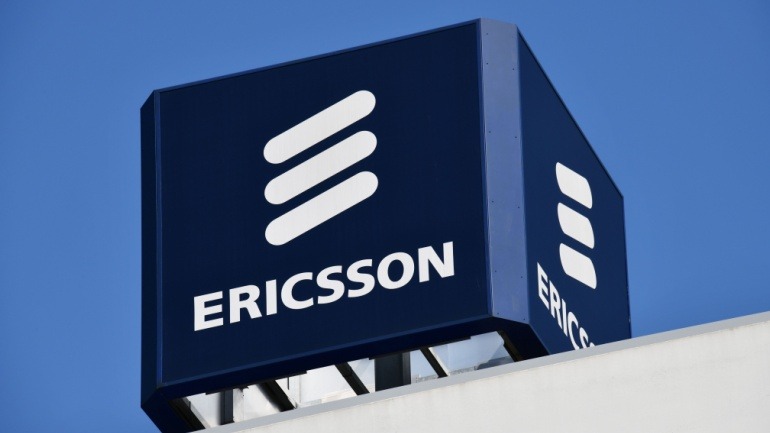Vodafone joins a prestigious group delving into quantum computing with Digital Catapult. Focused on telecom challenges, such as the “Steiner Tree” problem, Vodafone seeks to harness quantum technology’s potential.
BSNL’s 5G tender mandates local equipment, sparking dissatisfaction among giants like Ericsson and Nokia. This local focus aligns with BSNL’s 5G Standalone expansion strategy in New Delhi.
DIDWW, a global provider of premium quality VoIP communications and SIP trunking services, will participate as an exhibitor at ITW Asia 2024. This prominent connectivity and digital infrastructure event will feature DIDWW’s latest advancements in its innovative voice and SMS solutions for business communications.
Verizon’s deployment of an Open RAN Distributed Antenna System (DAS) at the University of Texas and Austin Convention Center showcases an innovative leap in telecommunications. Open RAN is pivotal for flexible and efficient network services by utilizing components from multiple vendors.
Indosat Ooredoo Hutchison and Ericsson have launched Indonesia’s first full-stack Digital Monetization Platform (DMP), marking a pivotal moment in the country’s telecom digital transformation. This innovative solution supports 5G readiness, offering diverse new business models like network slicing.
Saudi Arabia’s Mobily and Telecom Egypt are collaborating on a submarine cable project across the Red Sea, enhancing VoIP connectivity between Saudi Arabia and Egypt. This initiative addresses increasing internet service demand and aligns with Saudi Vision 2030.
BT’s innovative mobile site in Shropshire exemplifies the future of sustainable connectivity by utilizing solar panels and a wind turbine, generating 70% renewable energy. This eco-friendly approach promises economic benefits and highlights BT’s commitment to reducing its carbon footprint.
Nigeria’s telecom sector is witnessing a groundbreaking shift as it embraces 5G technology through a collaboration with Ericsson. This partnership aims to modernize telecom infrastructure, transform public services, and drive economic growth.
Ericsson has achieved another significant VoIP milestone, securing a multi-billion-dollar contract with Bharti Airtel, reinforcing its presence in India’s telecom market. This aligns with recent collaborations with Vodafone Idea to enhance 4G and introduce 5G services.
Join DIDWW at Telecoms World Asia 2024 in Bangkok and explore the future of telecommunications. Discover insights on telco networks and VoIP advancements as DIDWW sets up booth F04 to engage with industry experts. This networking opportunity is vital for those shaping the landscape of VoIP technology.













